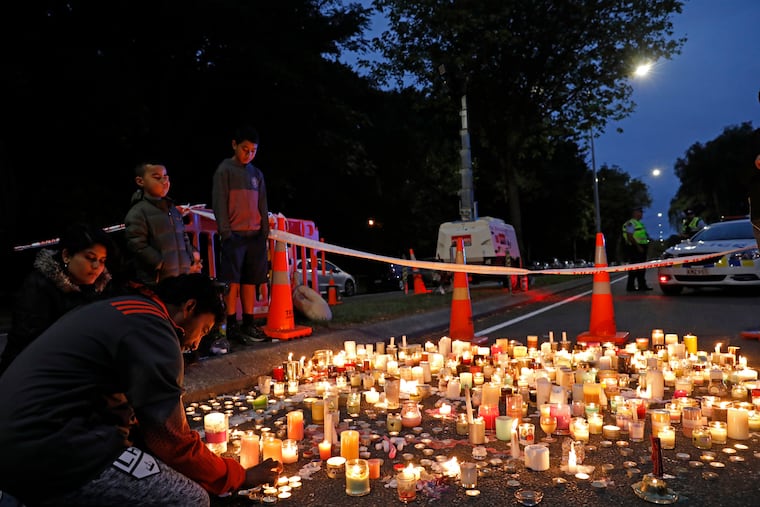How can we stop anti-Muslim bias that blames an entire culture for individual acts? | Opinion
Non-Muslims in the U.S. and Europe blame Muslims for attacks by individual Muslim extremists at nearly four times the rate they blame white people for equally horrific attacks by white extremists.

On Friday, at least 50 people in New Zealand were killed by a white extremist. In this tragic moment, it is worth considering what questions and demands would right now be made of individual Muslims, Muslim leaders, and Muslim institutions had the alleged gunman behind the attack been Muslim.
Muslims would have been asked: Has your community come out yet with a public statement condemning these acts? Why is your community not doing more to prevent terrorism? Doesn’t inaction make you complicit in the violence?
And what have you done, personally, to prevent extremism?
These are difficult questions to consider. Because they are unfair. How can someone living half a world away be held responsible for the actions of a complete stranger, who they share nothing with other than a broad identity? And yet, our previous research has found that, while white people are rarely asked questions like “What have you done to prevent this cancer of white extremism?” non-Muslims in America and Europe readily blame Muslims for similar acts of violence by individual extremists.
Even after Friday’s attack, which claimed the lives of at least 50 Muslims, an Australian member of Parliament, Fraser Anning, went so far as to suggest that the shooting supports a link between “Muslim immigration and violence.” In research conducted over the past five years, my colleagues and I have found that in the U.S. and Europe, non-Muslim respondents blame Muslims for attacks by individual extremists at nearly four times the rate that they blame white people for equally horrific attacks by white extremists.
How do we escape this tendency — in ourselves and in others — to selectively blame only some social groups, for the actions of single extremists?
Non-Muslims may sometimes be unaware that they are committing this double standard, which points to a pathway for intervention. In the U.S., we studied the beliefs of non-Muslim Americans after going through a brief exercise to alert them of the disparity between how much they blame Muslims versus white people and Christians for attacks by extremists from these groups. Those who perform the exercise show a significant reduction in how much they blame Muslims for attacks by Muslim extremists. That reduction, in turn, erodes their support for anti-Muslim policies. More recently, for a research paper currently under review, our team found in Spain that these effects persist even one year after engaging in this simple, two-minute “collective blame” exercise.
It is easy to blame others; it is easy for darkness to breed more darkness. But it need not be the case. With a little focused reflection, maybe we can start to find some light after this dark moment.
Dr. Emile Bruneau is director of the Peace and Conflict Neuroscience Lab at the Annenberg School for Communication and lead scientist at the Beyond Conflict Innovation Lab.